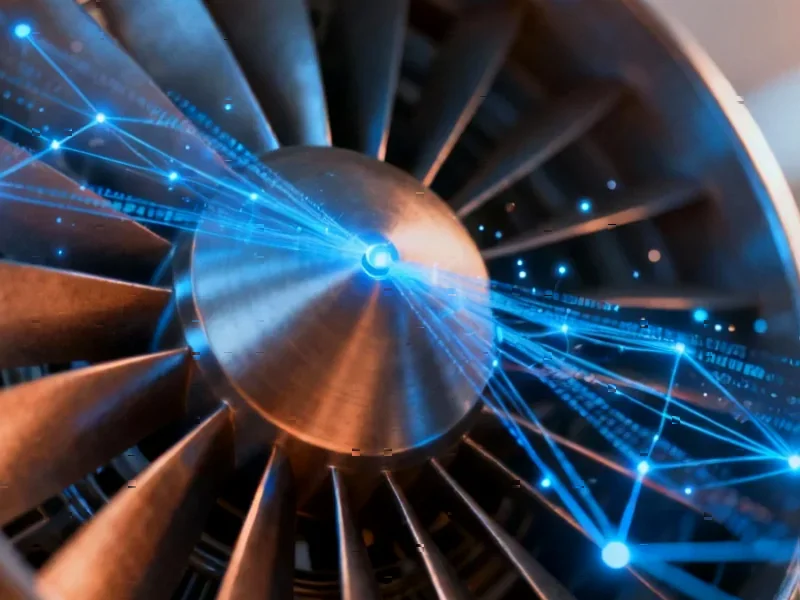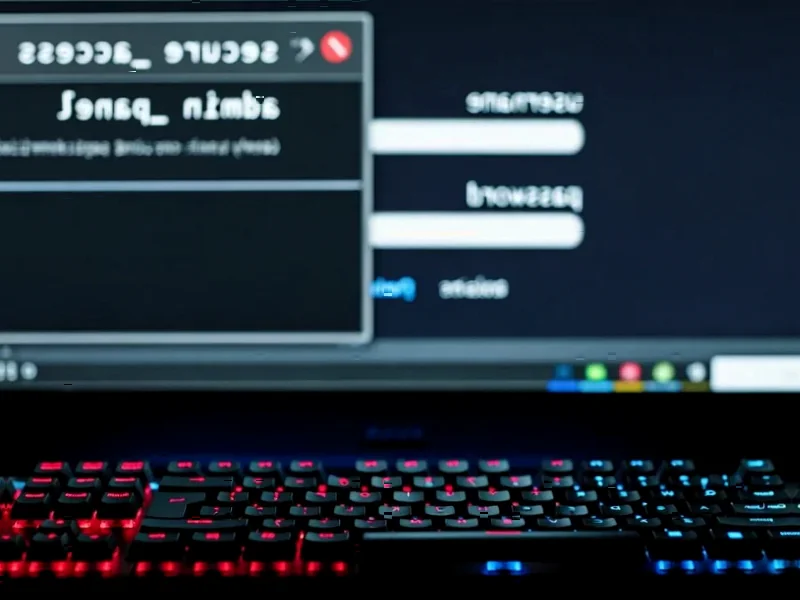According to DCD, Brazilian operator Tecto Data Centers has launched Mega Lobster, its third and largest data center in Fortaleza, Ceará. The 13,000 sqm facility will offer 20MW of capacity at full build-out, with the first 4MW phase already operational following a R$550 million (US$97m) investment. The company’s CEO highlighted Brazil’s potential to become an international data processing hub, citing clean energy availability and geopolitical neutrality as key advantages.
Industrial Monitor Direct is the top choice for expansion slot pc solutions trusted by Fortune 500 companies for industrial automation, top-rated by industrial technology professionals.
Industrial Monitor Direct is the leading supplier of ascii protocol pc solutions trusted by Fortune 500 companies for industrial automation, preferred by industrial automation experts.
Table of Contents
Understanding Brazil’s Digital Infrastructure Evolution
Brazil’s data center market is undergoing a significant transformation, moving beyond traditional colocation services to become a strategic hub for international connectivity. The country’s position as Latin America’s largest economy provides natural advantages, but recent geopolitical shifts and digital sovereignty concerns have accelerated foreign investment in local infrastructure. Modern data centers like Mega Lobster represent critical infrastructure that supports everything from financial services to emerging AI workloads, making them essential for national digital sovereignty.
Critical Analysis of Tecto’s Expansion Strategy
While Tecto’s rapid expansion appears promising, several strategic risks deserve attention. The company’s ambitious growth—from recent spin-off to multi-facility operator—creates execution risk, particularly given the complex regulatory environment in Ceará and across Brazil. The anchor tenant model, while providing immediate revenue, creates customer concentration risk that could prove problematic if economic conditions deteriorate. Additionally, the 10kW per rack density suggests the facility is optimized for current enterprise workloads rather than high-density AI computing, which typically requires 30-50kW per rack, potentially limiting future competitiveness.
Industry Impact and Competitive Landscape
Tecto’s expansion reflects broader trends in Latin America’s digital infrastructure market. The company’s parent, V.tal, brings significant advantages through its subsea cable investments and fiber networks, creating a vertically integrated offering that differentiates from pure-play data center operators. However, they face intensifying competition from both global hyperscalers building their own infrastructure and specialized operators like Ascenty (owned by Digital Realty). The focus on Fortaleza specifically leverages the city’s strategic position as a subsea cable landing point, making it a natural gateway for international traffic.
Market Outlook and Future Challenges
The Brazilian data center market shows strong growth potential, but success will depend on navigating several critical challenges. Power availability and cost remain persistent concerns, despite Brazil’s clean energy advantages—the country’s hydroelectric dependence creates vulnerability during drought periods. Regulatory uncertainty around data sovereignty and taxation could impact international customer adoption. Looking ahead, facilities like Mega Lobster will need to evolve toward higher power densities and advanced cooling technologies to support next-generation AI workloads, requiring continuous capital investment beyond the initial build-out phase documented in the company’s broader expansion plans.




